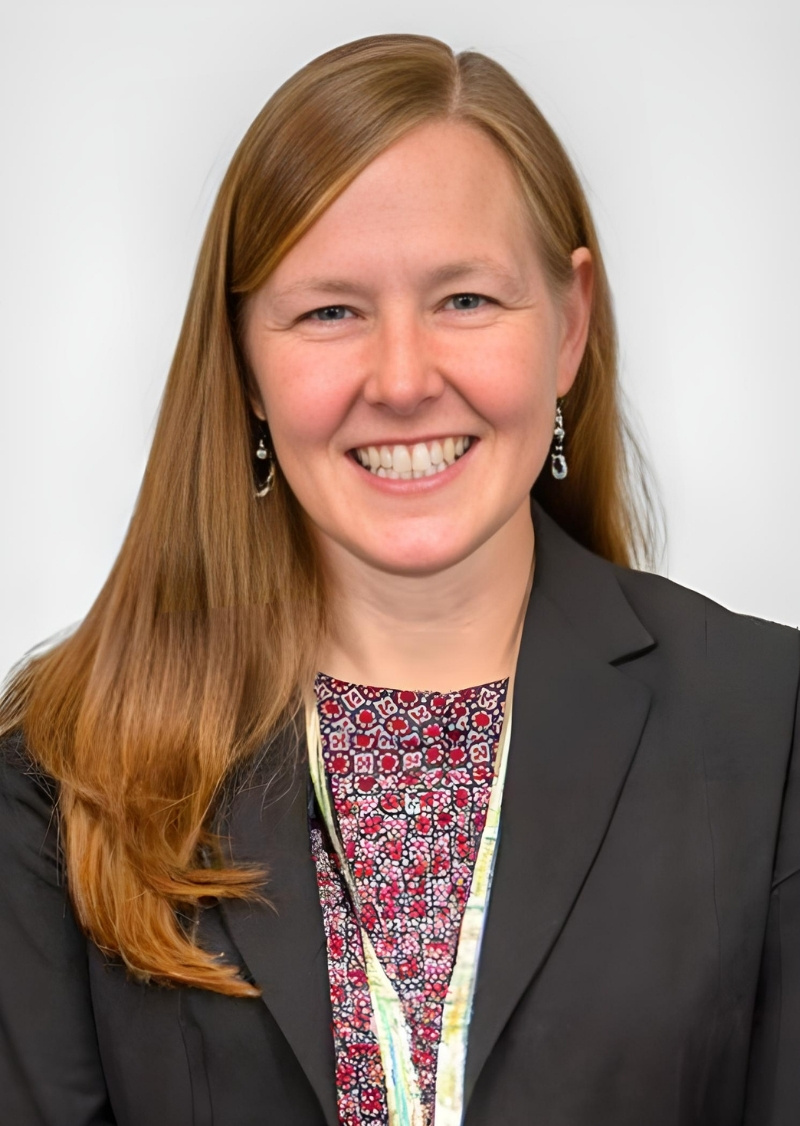
Kirsten Carlson
Associate Professor of Law
Adjunct Professor of Political Science
313-577-1201
Department
Kirsten Carlson
Kirsten Matoy Carlson is an associate professor at Wayne State University Law School. Her research focuses on legal advocacy and law reform, with particular attention on the various strategies used by Indian nations and indigenous groups to reform federal Indian law and policy effectively. Carlson's research integrates traditional legal analysis with social science methodologies for studying legal and political advocacy.
From May 2014 through July 2018, she has a National Science Foundation Law and Social Science Program grant to fund her research project, Legal Mobilization, Rights Claims, and Federal Indian Policy Reform. Carlson previously received a National Science Foundation dissertation research grant to study the constitutional entrenchment of Aboriginal and treaty rights in Canada. As a Fulbright Scholar, she researched attitudes toward the Waitangi Tribunal and the treaty claims settlement process in New Zealand. Her articles have been published in the Michigan Law Review, University of Colorado Law Review, Indiana Law Journal, American Indian Law Review and Michigan State Law Review.
At Wayne Law, Carlson teaches federal Indian law, legislation, legal change and civil procedure. She serves on the State Bar of Michigan Standing Committee on American Indian Law and is a fellow of the American Bar Foundation.
Carlson brings a range of professional and academic experience to her teaching and research. Prior to joining Wayne Law, she advocated nationally and internationally to protect the rights of Indian nations as a staff attorney at the Indian Law Resource Center. She led the center's advocacy efforts to restore criminal jurisdiction to Indian nations to end violence against women in Indian Country. Carlson also has been a visiting research scholar at the University of Ottawa and a visiting associate professor at the University of Minnesota Law School. She clerked for the Hon. Diana E. Murphy of the U.S. Court of Appeals for the Eighth Circuit.
Carlson earned her law degree cum laude and a doctorate in political science from the University of Michigan, a master of arts degree with distinction in Maaori studies from the University of Wellington, New Zealand and a Bachelor of Arts degree in international studies from The Johns Hopkins University.
Selected publications
- Congress, Tribal Recognition, and Legislative-Administrative Multiplicity, 91 Indiana L. J. 955 (2016) (selected out of 340 submissions for presentation at the 10th Annual Conference on Empirical Legal Studies)
- Congress and Indians, 86 Univ. of Colorado L. Rev. 77 (2015)
- Political Failure, Judicial Opportunity: The Supreme Court of Canada and Aboriginal and Treaty Rights 44 Am. Rev. of Can. Stud. 334 (2014) (peer-reviewed)
- Jurisdiction and Human Rights Accountability in Indian Country, 2013 Mich. State L. Rev. 355
- Priceless Property, 29 Georgia State Univ. L. Rev. 685 (2013)
- Natural Allies: Conservationists, Indian Tribes, and Protecting Native North America, in Sarah Krakoff & Ezra Rosser, eds., Tribes, Land, and the Environment (2012) (with Robert T. Coulter)
- Is Hindsight 20-20? Reconsidering the Importance of Pre-Constitutional Documents, 30 Am. Indian L. Rev. 1 (2005-2006)
- Does Constitutional Change Matter? Canada’s Recognition of Aboriginal Title, 22 Ariz. J. Int’l Comp. L. 449 (2005)
- Note, Towards Tribal Sovereignty and Judicial Efficiency: Ordering the Defenses of Tribal Sovereign Immunity and Exhaustion of Tribal Remedies, 101 Mich. L. Rev. 569 (2002) (Second Place, National NALSA Annual Writing Competition)
- Book Review, American Indian Constitutional Reform and the Rebuilding of Native Nations (edited by Eric D. Lemont), 27(1) Journal of American Ethnic History 89 (fall 2007)
- Notice, Premature Predictions of Multiculturalism?, 100 Mich. L. Rev. 1470 (2002)